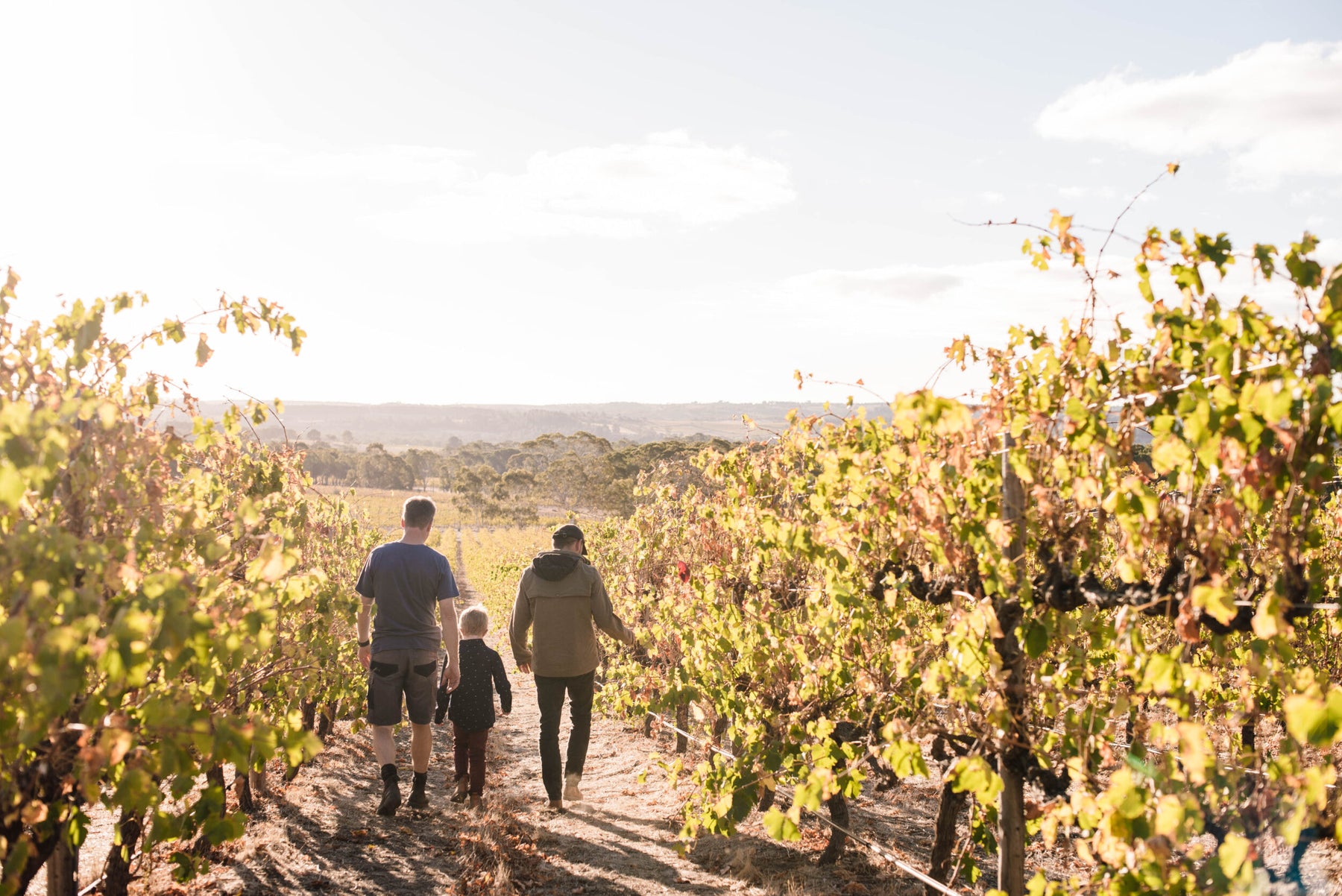
HOW SUSTAINABLE ARE YOUR SUMMER WINES?
In a restaurant the other day, I heard someone ask what reds were available by the glass. The stock answer came back from the helpful waitress. “Cabernet Sauvignon, Merlot, Shiraz…”
When are we going to move away from the ‘International’ varieties and recognise that at the lower levels there is far more value to be found with indigenous varieties. Notwithstanding the sustainable element. Planting varieties in an area where they have no history generally means they struggle with one or more of the elements. Drought is the most obvious.
We are all more ‘sustainably’ aware. But what does that mean? Dig deeper and you may find that your understanding and associated buying pattern is far from sustainable. Cast your eyes over these questions and see how you do:
- Would you pick an organic wine over one with a recognised sustainable certification such as the French HVE?
- Are you happier selecting wines with names you recognise, or do you experiment regularly?
- Do you regularly buy wines under 15 euro retail?
- Does the weight of a bottle come into consideration when you buy a wine?
- Would you discount a Grenache / Garnacha/ Shiraz if it had over 14% alcohol?
Mainly yes’ ? Don’t feel bad, most wine drinkers will be in this category. What we don’t realise is that sustainability doesn’t just apply to the vineyards. Actions in the winery, packaging and consumer buying habits all form part of the chain. Let’s look at the questions.

Organically certified wines are great. The certification prevents the use of chemically synthesised fertilisers, fungicides, insecticides and pesticides. In effect this means your wines are produced in vineyards and winery without the use of harmful chemicals. Sustainably certified wines on the other hand are embracing nature. Defined by UC Davis in California as
The principle that we must meet the needs of the present without compromising the ability of future generations to meet their own needs
Nice eh?! Sustainable producers have a number of rules to adhere to. These encompass all parts of the vineyard environment. Ensuring biodiversity corridors, so Mr Fox or other land travellers can migrate from one territory to the next, maximising hedgerows for flora and fauna, recycling water, reducing soil compaction to name a few. The idea is to achieve a circular economy through efficiency, zero waste and a continuous life cycle in activities. A polar opposite to linear economies ‘Take, make, waste’ .
International varieties are called so, because they are planted in many locations. People like the style of the particular grape and follow it around the World. Why not try an indigenous variety? OK so you may not be able to pronounce Agiorgitiko but hell, who cares. It’s an excellent example from Greece, managing the drought conditions like a pro. Try to go for the local varieties, or older vines, plants that don’t pull on resources, rather use what is available to them.
Buying wines under 15 euro in Ireland means most of your spend goes to the government, in the form of duties and taxes. Spend more and the price achieved by the producer goes up incrementally. Wine is the same as food, you get what you pay for. If you are skimping on your spend, the producer will have to find shortcuts too.
Transport is often overlooked when we buy wine. Heavy bottles are unnecessary. Heavy bottles burn more fossil fuels in transport, an unnecessary increase in polluting factors.


A wine should display a sense of place
If you enjoy a Barossa Valley Grenache, from old vines, then it’s going to have a high alcohol. Grenache naturally has high sugar levels, translating to higher alcohol levels. Sunshine and heat accelerate the ripening, naturally increasing sugar levels. Older vines increase this concentration further. Pick early for lower alcohol and you lack flavours which develop slowly throughout the season. Some wines see their alcohols reduced artificially at the end of fermentation. Google spinning cone in wine … a process that separates the components of the wine in a fast spinning cone to reduce the alcohol. Would you put your favourite cashmere on a fast spin in the washing machine? Some grapes and wines have a naturally higher alcohol. If the wine tastes balanced in the glass, this is not a problem. Unless you drink too much of it….!
So, let’s look again. Are you sustainable in your wine choices? Will you try, in the future to think past the label and price? Experiment, start an exciting trail of discoveries today.
*If you’re after new wines but don’t know where to start, why not join our VinoCru subscription service and sign up for our ‘Off the Beaten Track case‘. The wines are hand selected by us and in line with our subscription case policy discounted to reward your loyalty. They don’t disappoint.


Leave a comment